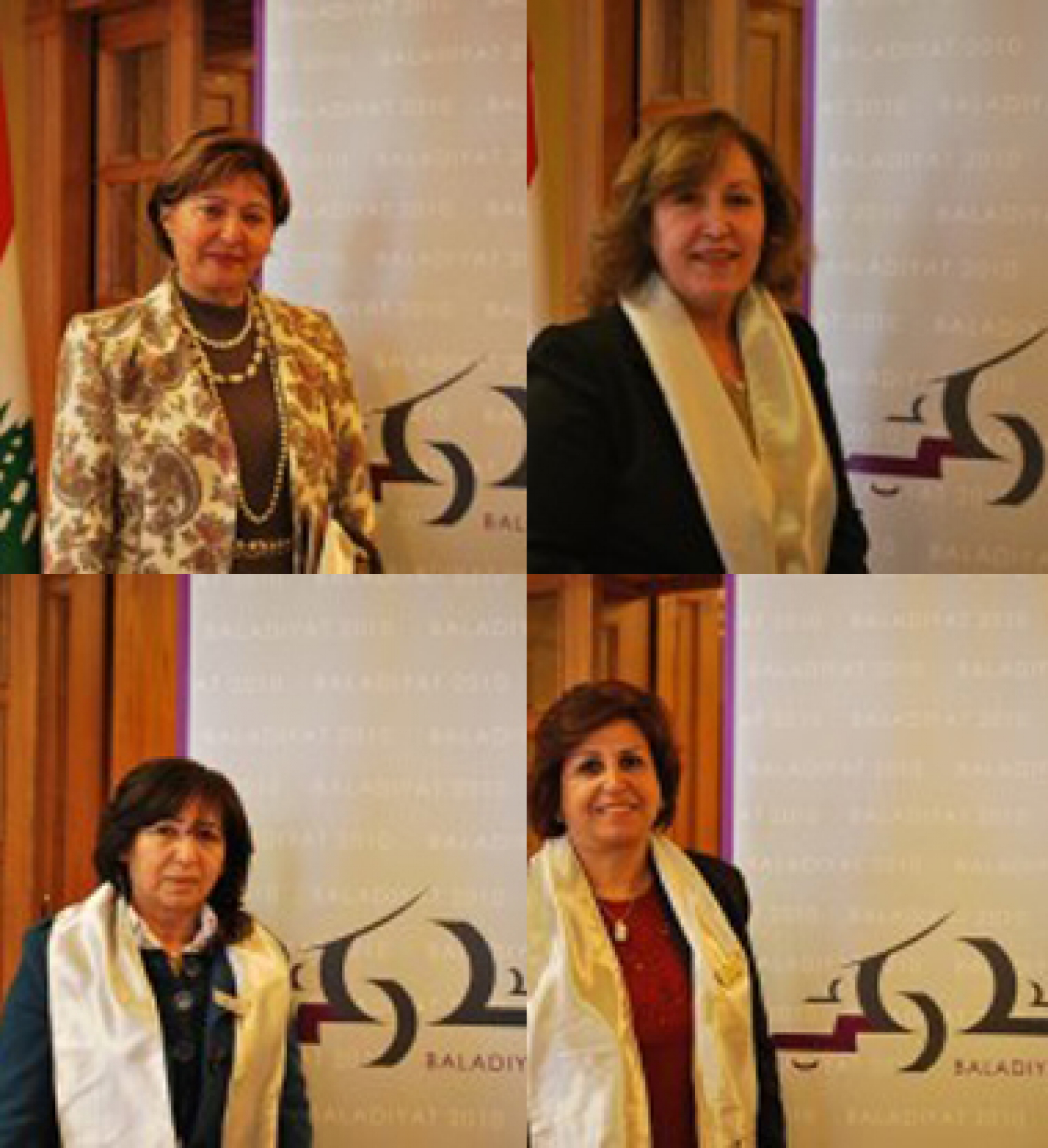
SHARE
The number of Lebanese women elected to municipal offices more than doubled this year, increasing from the 201 elected in 2004 to 530 who were successful in this year’s polls. The increase was particularly noteworthy because it came without the help of a quota law, a technique used in a number of countries in the Middle East and elsewhere to ensure a specified number of seats for women.
One factor in the women’s success was the greater number of female candidates and the help provided to some of them by the Shariky program, a project that supports women candidates through training and mentoring.
Shariky means participation in Arabic – in this case, women’s participation, which has been sorely lacking. Lebanon’s 128-member parliament has only four women, and just two women serve in the 30-member cabinet. The women who do hold office have often benefited from family connections to gain that seat.
Fourteen of 28 women municipal candidates who participated in the Shariky program were elected in municipalities across Lebanon.
NDI has worked with the Shariky program since November. A new website helped the women network and showcase their stories, and Shariky focused on recruiting candidates and arming them with the skills they needed to run successful campaigns. Shariky approached women who were already leaders in their communities – women running small businesses or community groups that were visible and commanded respect. These women already had a base of support – not because of their family connections but based on their ability as leaders.
Training sessions focused on concrete skills needed by municipal councilors, such as how to draft laws, oversee budgets and manage staff. NDI also consulted with the women candidates one-on-one to give them personalized feedback on their campaign plans and strategies to help them win.
Through outreach, training and shared experiences, Shariky has created an informal network of politically active and powerful women across the country. Many incoming female municipal councilors that participated in the Shariky training program had a chance to form relationships with each other during the campaign and will continue to do so as they govern.
Pictured Above: Amale Rayess (clockwise from top left), Ferial Abou Hamdan, Nouha Ghosssainy Abou Arjam and Nahla Hassanieh all won municipal council seats after participating in the Shariky program.
Published August 5, 2010


